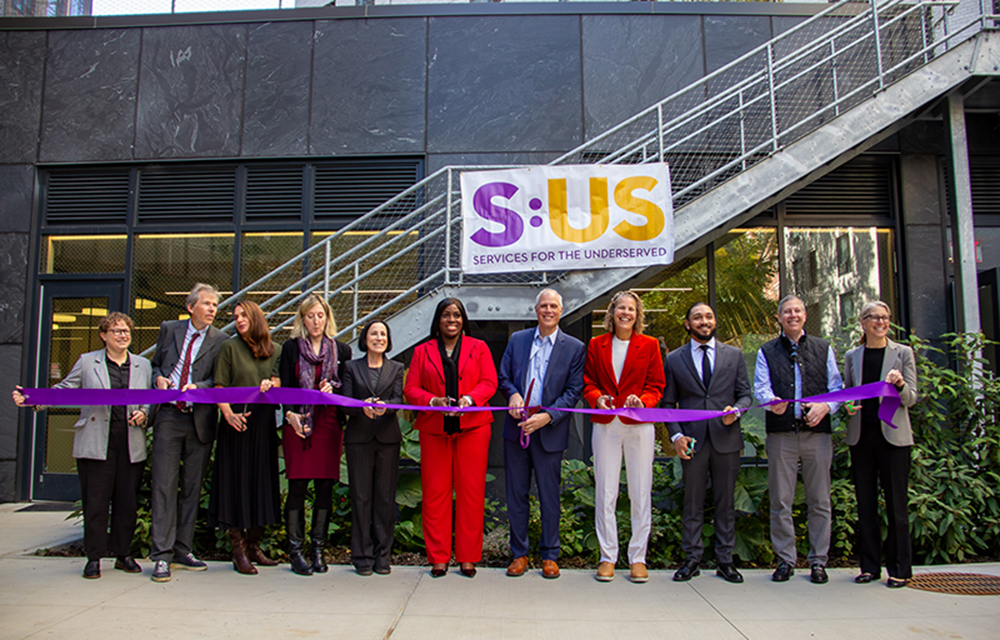News:
Construction Design & Engineering
Posted: May 11, 2015
Limited liability company (LLC) members beware: Don't take this personally
One purpose of any type of corporate entity is to provide its owners with limited liability for the obligations of the entity. Since the inception of the limited liability company (LLC) in New York in 1994, LLC members, generally, were shielded from being personally liable for wages, salaries, and benefits owed to their employees in the unfortunate event the LLC failed to meet its obligations to its employees. That has now changed.
Effective as of February 27th, §609 of the New York Limited Liability Company Law (LLCL) has been amended so that the ten members with the largest percentage of ownership are jointly and severally personally liable for "all debts, wages or salaries due and owing to any of (the LLC's)laborers, servants or employees, for services performed" on behalf of the LLC (this provision is also applicable to New York Professional Limited Liability Companies). The legislative intent behind this amendment is to provide LLC employees with additional safeguards and remedies against wage theft by members of the LLC (New York Assembly Bill Number 8106-C amended not only the LLCL, but also the New York Labor Law to increase penalties for violations of wage payment provisions and contractor liability, and the New York Finance Law to establish the wage theft prevention account [the "Bill"]). The closing of this LLCL personal liability "loophole" strengthens an employee's ability to obtain a judgment personally against certain LLC members for the unpaid wages and salaries owed to the employee, without having to first commence costly and timely litigation against the LLC to "pierce the corporate veil" to reach the members.
While a similar provision has been applicable to the ten largest shareholders of New York corporations for years, the LLCL did not have a reciprocal provision, thus creating a significant benefit to LLC members that was not available to corporate shareholders. The absence of personal liability to LLC members for wages and salaries is one of the reasons that the LLC has been such an attractive option for businesses since its inception. Accordingly, if an LLC was formed to be a real estate holding company or does not have employees, this amendment may have little to no effect. However, if an LLC is formed as an operating business and will eventually have employees, the increased personal liability of the members for wages and salaries must now be a consideration.
The amendment to LLCL §609 now broadly defines "wages and salaries" to encompass all compensation and benefits payable by the LLC to an employee including salaries, overtime, vacation, holiday and severance, plus employer contributions or payments to insurance, welfare benefits, pensions or annuities. Included in this amendment is a prerequisite requirement placed upon the employee to provide the LLC's members within 180 days of the termination of the employee's services with written notice of the former employee's intent to hold such member(s) personally liable. It further requires that the employee commence an action to enforce such liability against said member(s) within 90 days after the return of an execution unsatisfied against the LLC. Finally, as the members are jointly and severally liable to the employee, in the event that one member has paid more than his or her pro-rata share under this amendment, that member is entitled to commence an action for contribution from the LLC's other members pro rata.
LLCL §609 will be amended again in the near future as the Bill was signed by governor Cuomo with the caveat that the New York Legislature needed to address "technical and substantive" problems with additional legislation. New York Senate Bill No. 2232 was introduced on January 22nd, and amended on March 18th, making additional changes to LLCL §609. The proposed changes include deleting the employee's prerequisite requirement of written notice to hold member(s) personally liable and the requirement that such liability be enforced against said member(s) within 90 days after the return of an execution unsatisfied against the LLC. Moreover, the proposed LLCL amendments in Bill No. 2232 includes a new paragraph (e) to LLCL §1102 to allow a former LLC employee to inspect, upon five days written notice, the LLC's records regarding its members' names, addresses, contributions, and profits and losses or other records sufficient to derive such information.
Notwithstanding the closing of the personal liability "loophole," the LLC still provides significant benefits not available to other types of business entities, including corporate governance, structural, and financial flexibility. As such, the LLC should not be disregarded as an option when forming a new entity based solely upon this amendment.
Eric Morgenweck, Esq., is an associate principal at Zetlin & De Chiara LLP, New York, N.Y.
MORE FROM Construction Design & Engineering
Troutbrook expands with boutique condo project and Marriott Fairfield Inn & Suites renovation
Brooklyn, NY For more than 25 years, Troutbrook/Freud Development has remained focused on executing design-driven projects across the city. Its latest ventures reflect both a continued push into boutique residential development and an expansion








.gif)
.jpg)
.gif)
.gif)